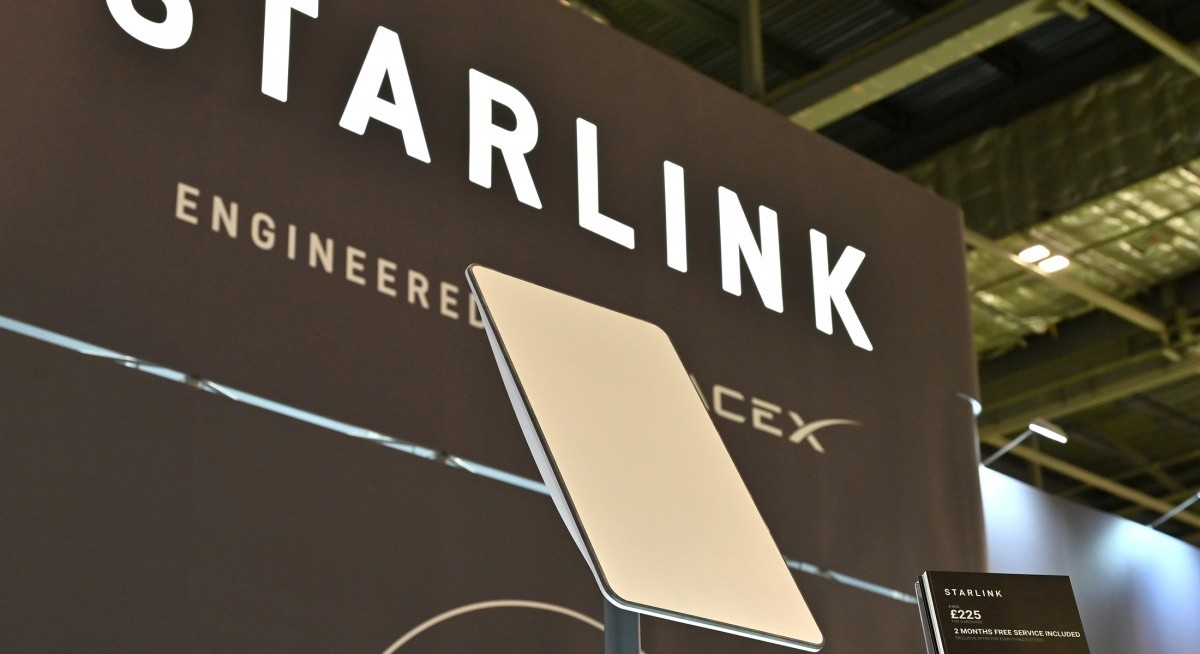Shares of EchoStar rose as much as 26% on Monday in New York to a record high of US$84.48. Its bonds were the biggest gainers in the junk-bond market, according to Trace pricing data.
The AWS-4 sale transfers another crown jewel of EchoStar’s spectrum portfolio, effectively ending hopes that it would become a fourth major wireless carrier as stipulated by regulators as part of the approval of the T-Mobile and Sprint merger. As part of that deal, T-Mobile divested assets to EchoStar, including its Boost Mobile prepaid wireless brand.
The sale, which follows a recent sale of other spectrum rights to AT&T Inc for about US$23 billion, should resolve inquiries from the US Federal Communications Commission, according to the statement. The FCC accused EchoStar in May of not effectively using the spectrum it was awarded and threatened to strip some of its valuable licenses, tipping off a series of frenzied dealmaking as EchoStar skipped bond payments and considered filing for bankruptcy. EchoStar said the FCC probe had stymied its ability to make decisions about its 5G network.
“The deals that EchoStar reached with AT&T and Starlink hold the potential to supercharge competition, extend innovative new services to millions of Americans, and boost US leadership in next-gen connectivity,” the FCC said in a statement. The agency will review the applications and continue to focus on promoting the beneficial use of scarce spectrum resources, it said.
See also: Singapore’s space push faces cyber risks from legacy satellite systems
EchoStar will use proceeds from the spectrum deals to pay down some of its US$25 billion debt load. Its debt has soared from distressed levels, vindicating bondholders who withstood years of brinkmanship and legal drama with Ergen.
The deal is also a boon for SpaceX, which has been trying to build out a direct-to-device satellite option. The agreement will combine EchoStar spectrum with SpaceX’s rocket launch and satellite capabilities “to realise the direct-to-cell vision in a more innovative, economical and faster way,” Hamid Akhavan, EchoStar chief executive officer, said in the statement.
Satellite operators like SpaceX seeking to provide mobile service from space usually need to team up with at least one company that holds ground-based mobile licenses. SpaceX currently has a partnership with T-Mobile US Inc, but Monday’s spectrum acquisition would allow it to offer its own offerings more independently.
See also: Space partnerships take centrestage as Singapore prepares national space agency
Shares of other wireless carriers fell on the news. T-Mobile was down 4.1%, while Verizon Communications Inc. was down 2.4% and AT&T was down 3.4%.
The transaction with EchoStar “will advance our mission to end mobile dead zones around the world,” said Gwynne Shotwell, president and chief operating officer at SpaceX.
Since SpaceX launched its first Starlink satellites in 2019, it has signed up about 6 million customers in more than 100 countries, far outpacing its competitors. In June, it also won regulatory approval in India, paving the way for rolling out satellite internet services in the world’s most populous country.
The FCC launched its probe into Echostar’s spectrum use amid complaints from Musk that EchoStar was hogging valuable airwaves without delivering commercial service with them. SpaceX had asked the FCC to allow it to share the band it will now own.
The regulator has designated the AWS-4 band, also known as the 2 GHz band, to carry terrestrial mobile transmissions as well as traffic between satellites and ground-based infrastructure. In 2011, Ergen acquired the rights to the entire band from DBSD and Terrestar, a pair of satellite companies that went into bankruptcy.
MDA Space Ltd, a Canadian satellite manufacturer, said it received a termination notification from EchoStar related to a constellation contract announced Aug 1. The company said the termination is the result of a sudden change to EchoStar’s business strategy and plan in the wake of spectrum allocation discussions with the FCC.




